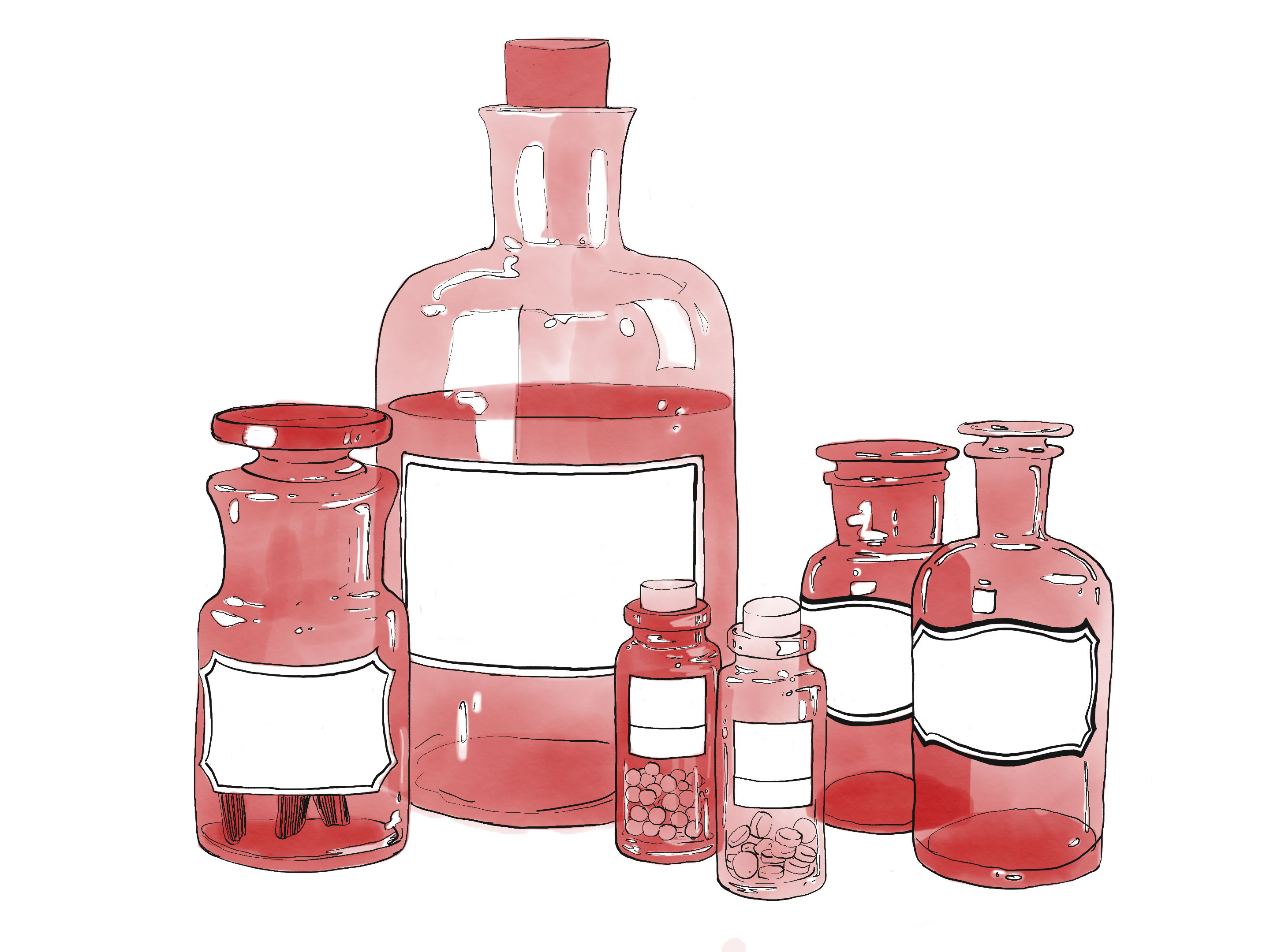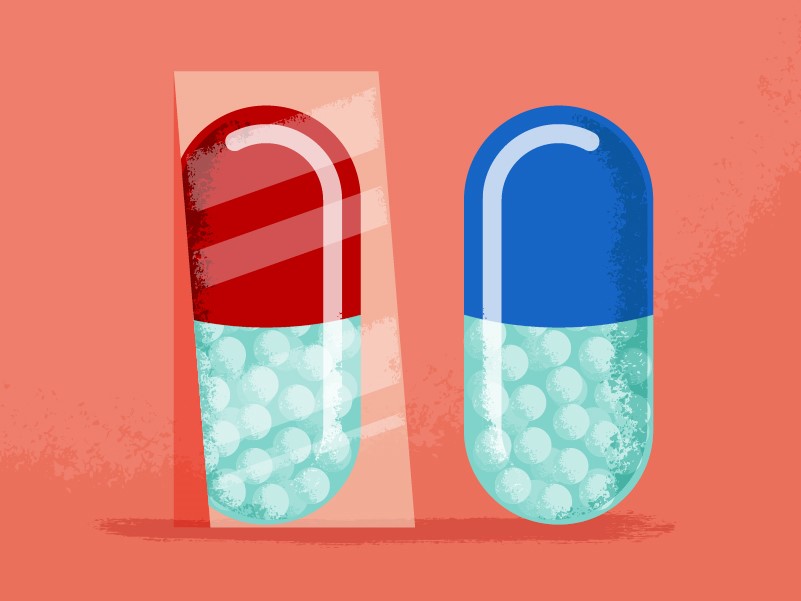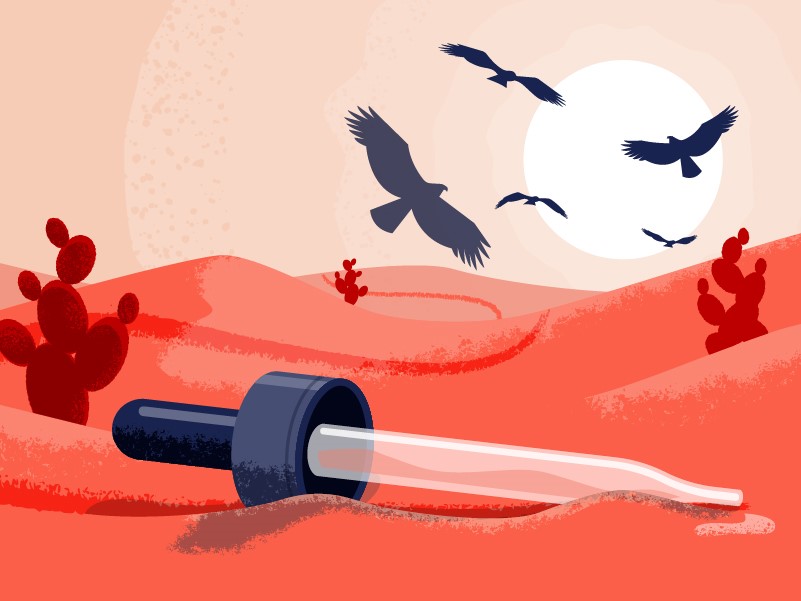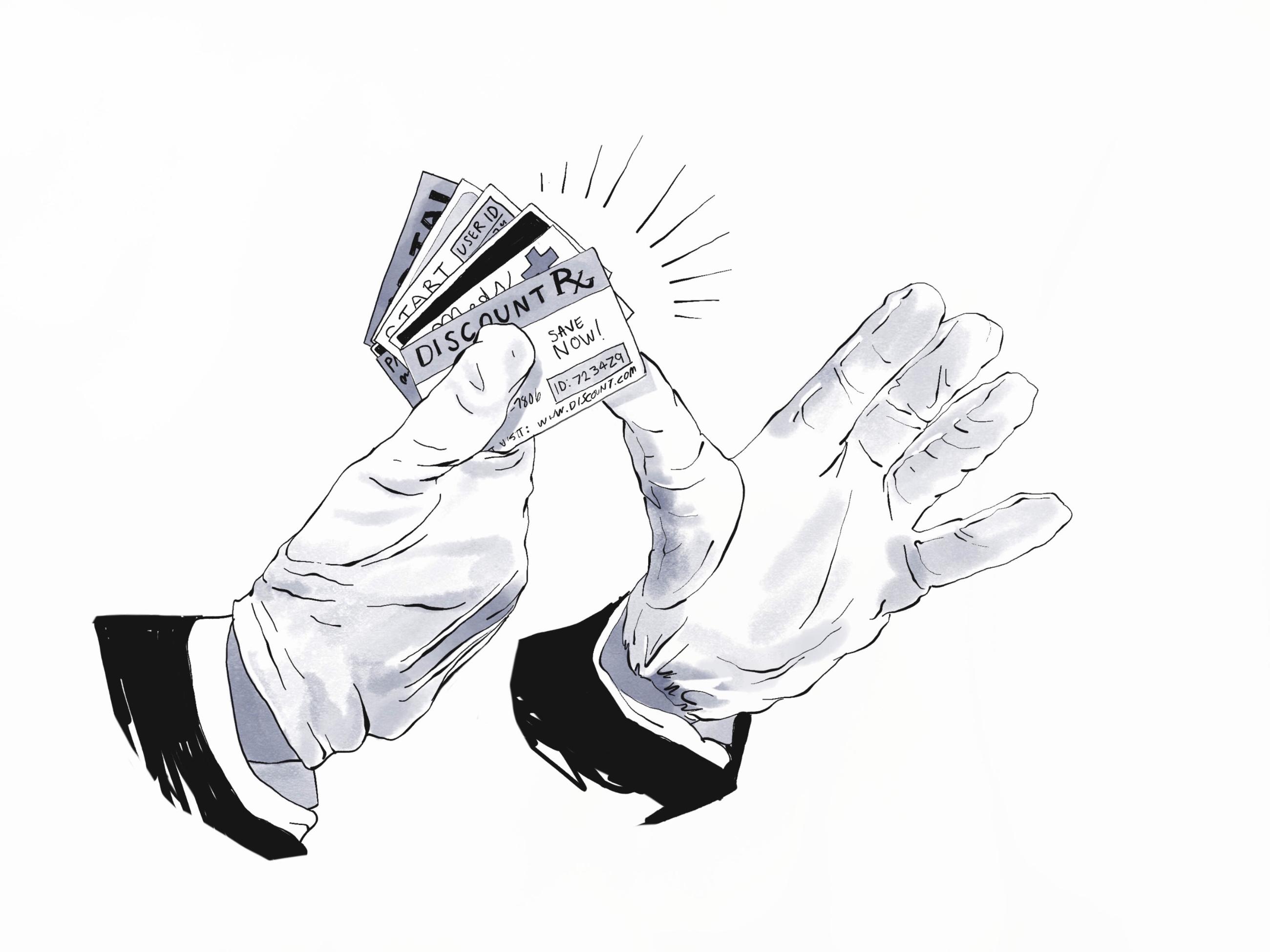Are You Going to the Right Pharmacy For Your Needs?
A ScriptHero guide to understanding different types of pharmacies.
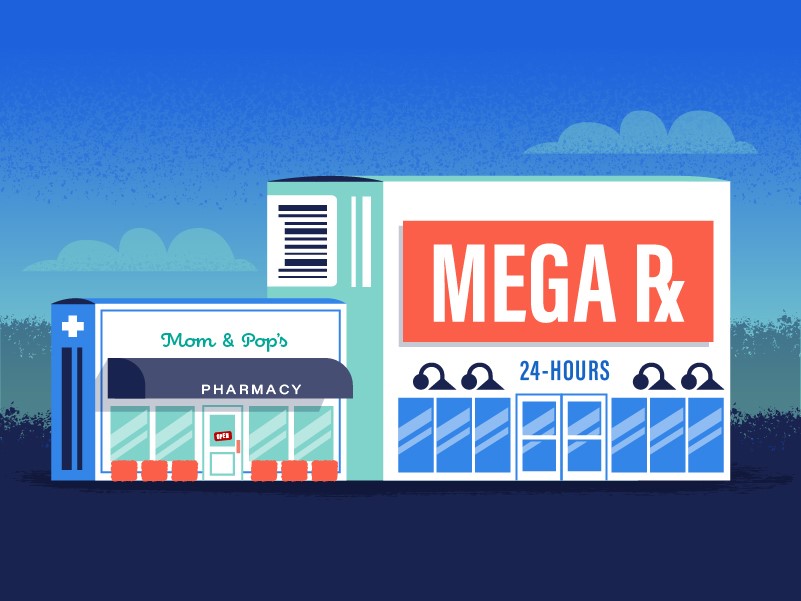
The doctor’s office calls. Your new prescription is ready to be filled. Then an easy question stumps you: “Which pharmacy would you like to use?”
Your mind races with questions: “How much is this going to cost?” “Should I go to the same pharmacy I always do?”
In the moment, it can be tempting to rely on standbys. After all, choosing a pharmacy is a big decision, and it’s often easier to stick with what you know rather than trying something new.
That’s likely one reason the majority of people picking a pharmacy look for convenience and location first.[1]
But what else should you consider? We asked Eric Wu, our ScriptHero, Ohio board-licensed clinical pharmacist, for tips.
The majority of people picking a pharmacy look for convenience and location first.
Get to know the different types of pharmacy
Knowing which type of pharmacy is right for you depends largely on your needs — outside convenience and location, that is.
For instance, if you value the pharmacist relationship, you might go for an independent, local drug store. Or, if you’re looking for the quickest service, you might want a chain pharmacy with a robust inventory and quick turnaround times.
For the sake of clarity and space, we’ll focus on the following five common types of pharmacies.[2]
- Corporate (chain) pharmacies
- Independent pharmacies
- Grocery-store pharmacies
- Mail-order pharmacies
- Specialty pharmacies
Corporate chain pharmacy
A large group of pharmacies owned by a major corporation. Think CVS or Walgreens.
This could be a good choice for you if convenience and a standardized product is your preference. The goal is that you get a similar experience at the pharmacy — whether you’re in Ohio or Florida. Their network is huge, so things like transferring prescriptions to and from other CVS stores is a convenience some independent pharmacies aren’t capable of.
Independent pharmacy
These pharmacies are typically smaller family-owned “mom-and-pop” stores. You’ll often find these in rural areas.
You might opt for this pharmacy if you’re looking for prescriptions and other “differentiator” services, such as added health screenings, medication therapy management, etc.
Grocery-store pharmacy
A grocery store pharmacy is located within, well, a grocery store like Kroger or Giant Eagle. It’s convenient if you shop there regularly, and most often, they’ll have the ability to fill your prescription quickly.
Customers who value a “one-stop shop” where they can get groceries and prescriptions in one place prefer this choice.
Mail-order pharmacy
Mail-order pharmacies, such as Caremark, will deliver prescriptions straight to your door — and they typically work through your health insurance carrier. They can be less expensive and, obviously, more convenient.[3]
If you don’t have health insurance, you can still use a mail-order pharmacy.
Specialty pharmacy
A specialty pharmacy handles care for patients with chronic, rare or complex conditions that need specific medication.
If your condition needs specialized care or treatment, then having your prescription filled by a specialty pharmacy may be the way to go.
Other factors to consider when choosing a pharmacy
Trust
Trust is important in any relationship. It’s no different when choosing a pharmacy.
Maybe it’s a question about prescription-drug interactions. Or simply how to save money on your meds. Having a helpful pharmacist is key to building trust, explains Eric Wu, clinical pharmacist at ScriptHero.
“Find a pharmacist to be in your corner,” Eric says. “Let’s have a conversation. It doesn’t have to be about just your medications — knowing who you are, your struggles and what motivates you helps us help you. When you find a helpful pharmacist, you’ll find a highly trained, accessible advocate for your healthcare journey.”
Inventory
What good is a pharmacy if they can’t get your prescriptions filled — or filled on time? And if they’re often running low on the drugs you need, you might want to reconsider giving them your business.
Wait times
No one likes to wait, but sometimes it’s inevitable. Especially given some of the recent challenges around the coronavirus.
Still, if you feel as if you’re always on hold or waiting for help from your pharmacist, it might be time to consider your options. An attentive and communicative pharmacy should be on your list of priorities.[4]
Price
Drug prices vary wildly from pharmacy to pharmacy. And even the same pharmacy can charge different prices for the same medication depending on the day.
For consumers interested in lowering their prescription costs, regardless of health insurance coverage, it pays to shop around.
Rob Mixer is a writer and content marketer based in Columbus, Ohio. He has nearly 10 years of experience in professional sports and advertising, with clients such as Root Insurance, Ashcroft, Club Car, The Athletic and more.
Jeremy Slagle is a graphic designer and illustrator based in Columbus, Ohio. With more than 25 years of experience, Jeremy has worked with clients such as Nickelodeon, Bath & Body Works, Jeni’s Splendid Ice Creams, Wired Magazine and more.
This article was last updated May 19, 2020



